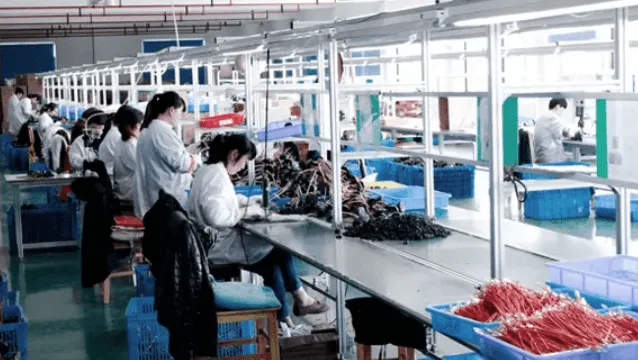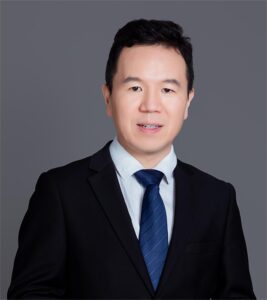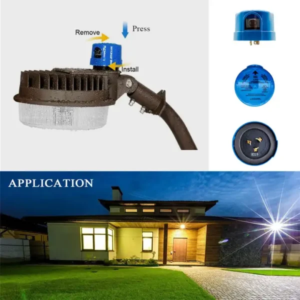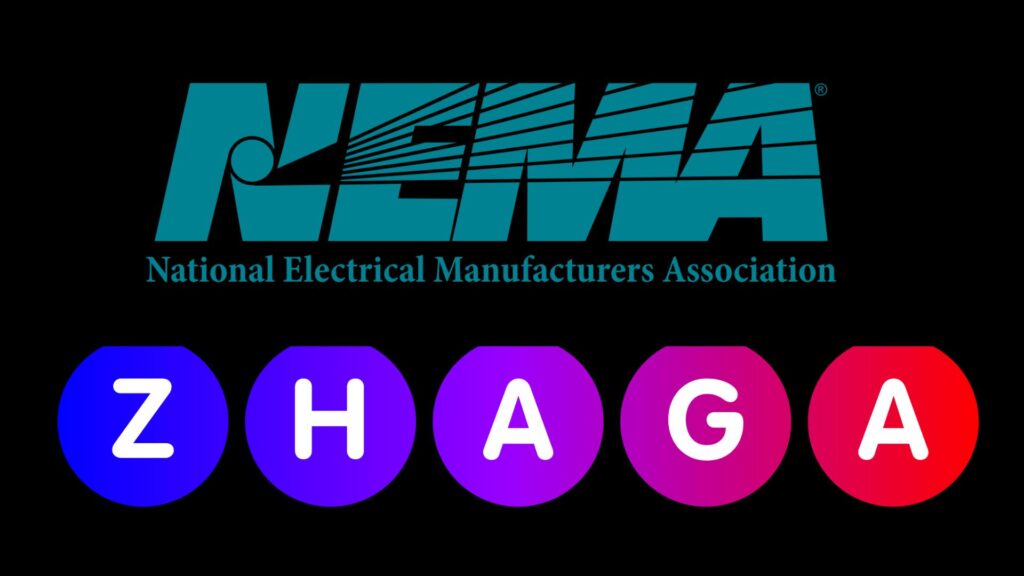Contents
- Tips for Effective B2B Sourcing at International Lighting Trade Shows
- Introduction
- B2B Sourcing Challenges in the Lighting Industry
- Strategies for Identifying Quality Photocell Suppliers
- Importance of Compliance and Regulations In B2B Sourcing
- Summary
- Reference
Introduction
In the world of energy conservation, where the urgency to save power grows daily, controlling electricity within our homes is a manageable feat. However, the challenge lies in extending that control outdoors, particularly with outdoor lighting.
International lighting trade shows become a focal point in the quest to source reliable photocell suppliers, mirroring how we automate indoor lights to minimize waste. These exhibitions offer a crucial platform for connecting with reputable suppliers.
This journey involves navigating the exhibition floor and forming partnerships, illuminating the path to energy-efficient solutions. Join me in exploring strategies and insights for effective B2B sourcing at international lighting trade shows, shedding light on selecting the most efficient photocell solutions for sustainable lighting practices.
B2B Sourcing Challenges in the Lighting Industry

Trade shows play a pivotal role in the B2B sourcing landscape within the lighting industry. While these events offer valuable opportunities for networking and discovering new products, they come with their set of challenges. Here, we shed light on some common hurdles businesses face when sourcing products at trade shows. These include:
Quality Assurance Concerns:
One of the primary challenges businesses encounter in the lighting industry is ensuring the quality of sourced products. The limited time and controlled environments at trade shows make it challenging to assess the quality of lighting fixtures or components thoroughly.
It becomes crucial for businesses to establish robust quality assurance processes, perhaps through pre-show research on potential suppliers and post-show product testing.
Regulatory Compliance:
Navigating through diverse international markets brings forth the challenge of adhering to varying regulatory standards. Different countries may have distinct regulations regarding product safety, environmental impact, and other compliance factors.
Businesses need to invest time and resources to understand and comply with these regulations when sourcing lighting products from different regions. Failure to address regulatory requirements can lead to legal issues and negatively impact the business’s reputation.
Logistics and Shipping Challenges:
Sourcing products internationally involves complex logistics and shipping considerations. Managing the transportation of delicate lighting fixtures or bulky components requires meticulous planning.
Delays, damages, or logistical hiccups can disrupt the supply chain and impact business operations. Businesses need to establish reliable logistics partners and implement efficient shipping processes to mitigate these challenges.
Strategies for Identifying Quality Photocell Suppliers
When venturing into the realm of photocell light switches or photoelectric switches, finding the right supplier is akin to selecting the perfect ingredient for a recipe; it makes all the difference. Here are some actionable tips to guide you in identifying and evaluating quality photocell suppliers.
Product Quality Assessment:
Begin by scrutinizing the quality of the photocell products offered. Look for suppliers who provide detailed specifications, ensuring compatibility with your specific lighting fixtures. Check if the photocells have durable construction and can withstand environmental conditions relevant to your use.
Manufacturer Reputation:
Investigate the reputation of the manufacturer associated with the supplier. Well-established manufacturers often have a history of producing reliable products. Look for suppliers who source their photocells from reputable manufacturers with a track record of delivering high-quality components.
Certifications:

A reliable indicator of a reputable supplier is their commitment to quality standards. Seek out suppliers with relevant certifications, such as ISO standards or product-specific certifications for photoelectric switches.
Ensure the photocell supplier adheres to industry standards and has the necessary certifications. Common certifications include UL (Underwriters Laboratories) and CE (Conformité Européene). These certifications signify that the products meet specific safety and environmental standards.
Testing and Quality Control Processes:
Inquire about the supplier’s testing and quality control processes. Suppliers conducting rigorous testing on their photocells are more likely to deliver reliable products. This ensures that each component meets the specified standards before reaching the market, minimizing the risk of defects.
Customer Reviews and Feedback:
Tap into the power of customer reviews. Explore feedback from other buyers who have purchased photocell products from the supplier. This firsthand information can provide valuable insights into the performance, durability, and overall satisfaction with the supplied photocells.
Cost Considerations:
While cost is a factor, it shouldn’t be the sole determining factor. Balance your budgetary constraints with the need for quality. Cheap photocells may result in frequent replacements, leading to higher long-term costs. Opt for suppliers offering a reasonable balance between cost and quality.
Importance of Compliance and Regulations In B2B Sourcing
When sourcing internationally, especially at lighting trade shows where products like photocell light switches are in the spotlight, understanding and adhering to compliance and regulations is non-negotiable.
Compliance isn’t just a checkbox exercise; it’s your business’s ethical and legal compass. It ensures that your sourcing practices align with international standards and regulations. Particularly when dealing with products like photocell light switches, you want assurance that your chosen suppliers operate within the bounds of legality and ethics.
Additionally, each country has its set of rules and regulations governing products like photocell light switches. It’s imperative to research and understand the legal requirements of your target markets.
This includes safety standards, environmental regulations, and any other legal considerations that may impact your sourcing decisions.
Furthermore, choosing a supplier is akin to selecting a reliable partner for your business journey. Supplier screening becomes your risk management strategy.

Investigate the supplier’s history – have they consistently adhered to compliance standards? Do their products meet industry benchmarks? Thorough screening is your safeguard against potential legal and quality issues.
In the lighting world, industry standards act as benchmarks for quality and reliability. Ensure that your chosen supplier’s products meet or exceed these standards. This not only assures product quality but also simplifies compliance with regulations, making your sourcing process smoother.
Therefore, staying updated on the latest trends and technologies is vital. Much like the evolution of photocell solutions, your sourcing strategies must adapt to the changing market dynamics.
At Chiswear, we understand the importance of effective B2B sourcing and offer various Zhaga photocell lighting solutions. Explore our offerings, stay ahead of the curve, and brighten the future of your business.
Summary
In terms of B2B sourcing at international lighting trade shows, successful supplier sourcing lies in strategic choices. To secure reliable photocell suppliers, focus on regulations and certifications like UL and CE for quality assurance. These symbols indicate adherence to standards, ensuring the reliability and safety of lighting systems. Also consider crucial specifications such as sensitivity range, response time, and weather resistance. With these knowledge, you can confidently choose suppliers aligned with your unique requirements






